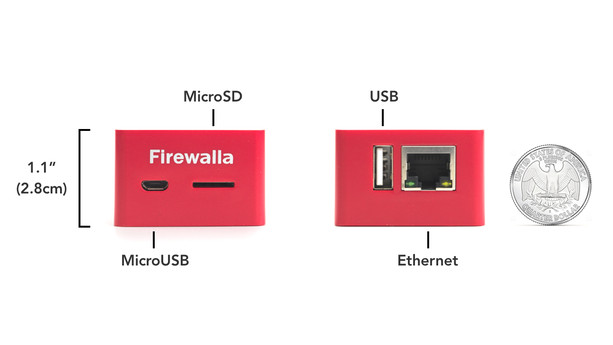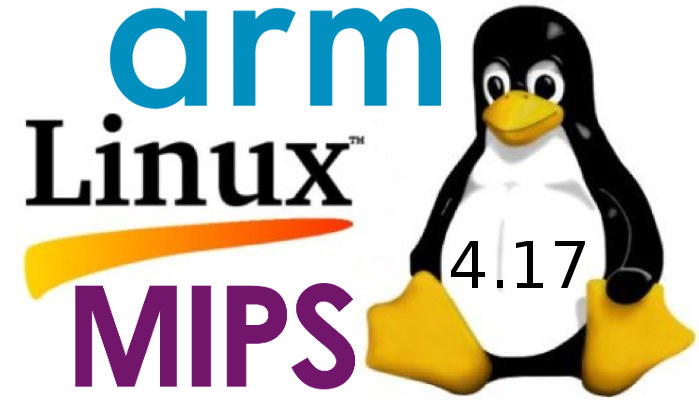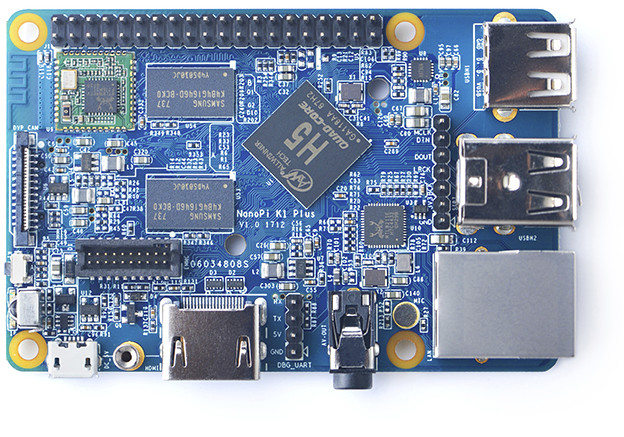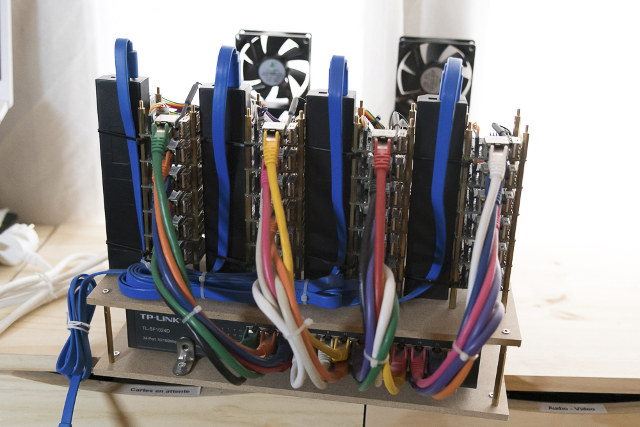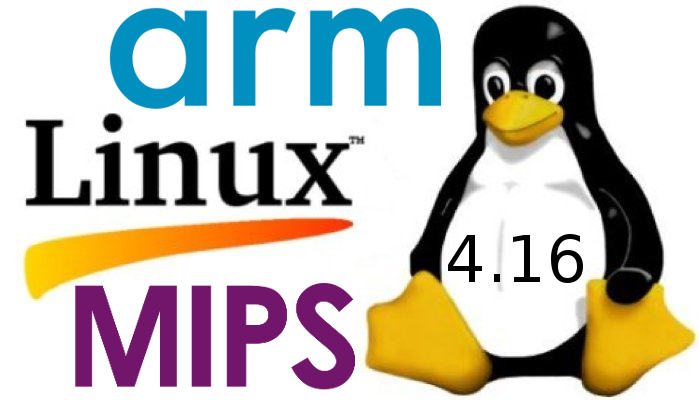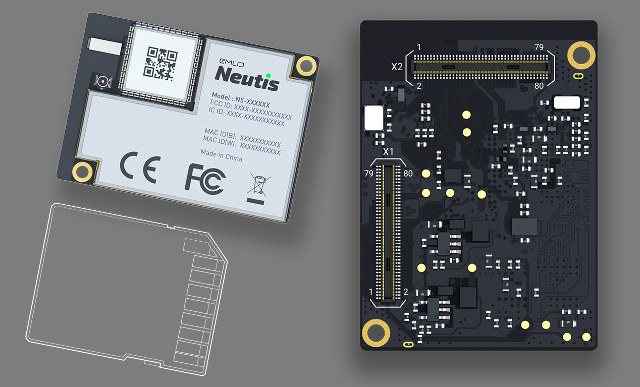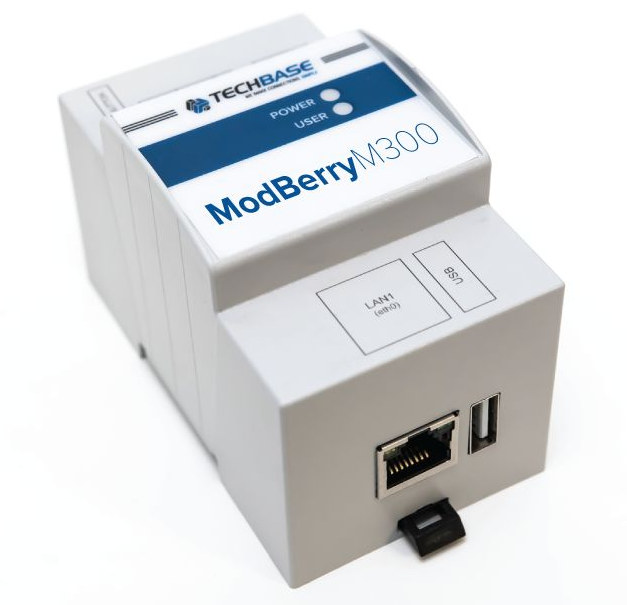FriendlyELEC Nanopi NEO and NEO2 boards are really cool and inexpensive little Arm Linux boards suitable for all sort of headless application. I’ve reviewed one with their NAS Kit, and run one around the clock as a Domoticz/MQTT server. So it should come as no surprise that some people want to leverage the hardware in their own products, and Firewalla most likely relies on a NanoPi NEO board for their cute firewall/parental control/VPN appliance.Firewalla specifications: SoC – Unnamed quad-core Arm processor @ 1.0 GHz System Memory – 512 Megabyte DDR RAM Storage – 16GB MicroSD Storage Connectivity – 100 Mbit Software Packet Processing Power – 5V via micro USB port Dimensions – 2.8 cm thick The device ships with a flat Ethernet cable, a USB power cable and US type power adapter, and a one year limited manufacturer warranty. The company does not actually mention NanoPi NEO board anywhere, but the specifications […]
Linux 4.17 Release – Main Changes, Arm & MIPS Architectures
Linus Torvalds released Linux 4.17 last Sunday: So this last week was pretty calm, even if the pattern of most of the stuff coming in on a Friday made it feel less so as the weekend approached. And while I would have liked even less changes, I really didn’t get the feeling that another week would help the release in any way, so here we are, with 4.17 released. No, I didn’t call it 5.0, even though all the git object count numerology was in place for that. It will happen in the not _too_distant future, and I’m told all the release scripts on kernel.org are ready for it, but I didn’t feel there was any real reason for it. I suspect that around 4.20 – which is I run out of fingers and toes to keep track of minor releases, and thus start getting mightily confused – I’ll switch […]
NanoPi K1 Plus is a $35 Allwinner H5 Development Board using Raspberry Pi Form Factor
Almost exactly one year ago, FriendlyELEC launched NanoPi K2 board powered by Amlogic S905 processor, following Raspberry Pi 3 form factor, but adding an eMMC flash socket, Gigabit Ethernet, 4K video playback, an I2S header, more memory (2GB RAM), and doing without a camera or LCD display interface. The company has now launched another similar looking model – NanoPi K1 Plus – based on Allwinner H5 processor, also equipped with one DVP camera connector, but losing one USB 2.0 port, and HDMI is limited to 4K @ 30 Hz. NanoPi K1 Plus specifications: SoC – Allwinner H5 quad-core Cortex-A53 processor @ 1.3+ GHz with Mali-450MP GPU System Memory – 2GB DDR3 Storage – micro SD card slot, eMMC flash interface Video Output – HDMI 1.4 up to 4K @ 30 fps, CVBS (composite) Audio HDMI digital audio output 3.5mm audio jack On-board microphone 7-pin 2.54mm pin header Connectivity – Gigabit […]
24 Orange Pi Zero Boards Cluster and ArmWizard’s Debian Image
ArmWizard forum member “-W.-” needed a cluster to test his firmware build and deployment solution for Orange Pi Zero boards which can deploy the firmware to multiple boards from one single board. So he procured 24 Orange Pi Zero boards, a 24-port switch, some USB hubs and debug board, as well as some other accessories, power supplies, and two wooden planks. That’s the results after assembly. So we have 4 tower of six Orange Pi Zero boards fairly neatly connected to the 24-port Ethernet switch with 30 cm Ethernet cables, and four black USB hubs for the USB to TTL debug boards. The side view below shows the boards are powered by micro USB cables connected to three different power supplies, cooling achieved via four fans, and the power extension is hidden right underneath close to the Ethernet switch. The cluster will also be used for machine learning latter on, […]
Shedbuilt Binary Blob-Free Linux Distribution Works with Allwinner H3/H5 Boards (Orange Pi, Libre Computer)
Most open source Linux distributions are only partially open source, as while most packages will be built from publicly available source code, they usually come with closed source binary blobs for GPU drivers, wireless module firmware and so on. Shedbuilt is described as “a decentralized, self-hosting GNU/Linux for Arm devices built from the latest upstream sources”, and as the developer (Auston Stewart) explains – see comments section – it does not contain any binary blob. Eventually the distribution may support more boards, but for now, the current System 1 “Amano” release supports four Allwinner H3/H5 boards: Orange Pi PC, Orange Pi One, Orange Pi PC 2, and Libre Computer ALL-H3-CC “Tritium”. Orange Pi Lite (with WiFi) and Libre Computer AML-S905X-CC “Le Potato” images are said to be coming soon. You can download the SD card images and access documentation on Shedbuilt.net. The Linux distribution relies on Shedmake script to automate […]
Linux 4.16 Release – Main Changes, Arm and MIPS Architectures
Linus Torvalds has just released Linux 4.16: So the take from final week of the 4.16 release looks a lot like rc7, in that about half of it is networking. If it wasn’t for that, it would all be very small and calm. We had a number of fixes and cleanups elsewhere, but none of it made me go “uhhuh, better let this soak for another week”. And davem didn’t think the networking was a reason to delay the release, so I’m not. End result: 4.16 is out, and the merge window for 4.17 is open and I’ll start doing pull requests tomorrow. Outside of networking, most of the last week was various arch fixlets (powerpc, arm, x86, arm64), some driver fixes (mainly scsi and rdma) and misc other noise (documentation, vm, perf). The appended shortlog gives an overview of the details (again, this is only the small stuff in […]
Neutis N5 is a $49 Allwinner H5 SoM with WiFi and Bluetooth
Allwinner, Amlogic and Rockchip SoCs can be found in many single board computers or development boards, but contrary to processors from Texas Instruments, NXP or Atmel, there aren’t that many system-on-modules based on the low cost SoCs with companies like Pine64, Olimex, or Theobroma providing some options in that space. There soon will be more, as Emlid will launch Neutis N5 module based on Allwinner H5 processor in the next couple of months with the module also including WiFi and Bluetooth, beside the processor, memory, and storage. Neutis N5 specifications: SoC – Allwinner H5 quad core Arm Cortex-A53 processor with Arm Mali-450MP4 GPU System Memory – 512 MB DDR3 RAM Storage – 8 GB eMMC flash Connectivity – Wi-Fi: 802.11 b/g/n. BT: 4.0 dual-mode BLE with on-board antenna and U.FL connector for optional external antenna HW Security – Tamper-resistant dedicated crypto chip for storing cryptographic keys, unique ID, random number […]
TECHBASE ModBerry M300 IoT Gateway Adds Support for NanoPi and Orange Pi Allwinner H5 Boards
Announced at the end of last year TECHBASE launched the ModBerry M300, a Linux IoT gateway powered by FriendlyELEC NanoPi NEO board equipped with Allwinner H3 Cortex A7 processor. The company has now made four extra variants of the gateway with Allwinner H5 quad core Cortex A53 based development boards from FriendlyELEC and Shenzhen Xunlong: Modberry M300 N2 – Based on NanoPi NEO2 Modberry M300 N2+ – Based on NanoPi NEO Plus2 adding 8GB eMMC flash, WiFi & Bluetooth 4.0, and an extra USB port over the N2 model Modberry M300 O1 – Based on Orange Pi Zero Plus Modberry M300 O2 – Based on Orange Pi Zero Plus2 adding 8GB eMMC flash, HDMI, one extra USB port, and Bluetooth 4.0 over the O1 model, but falling back to 10/100 Ethernet, while all three models above come with Gigabit Ethernet To avoid confusion, the original NanoPi NEO model has changed […]


